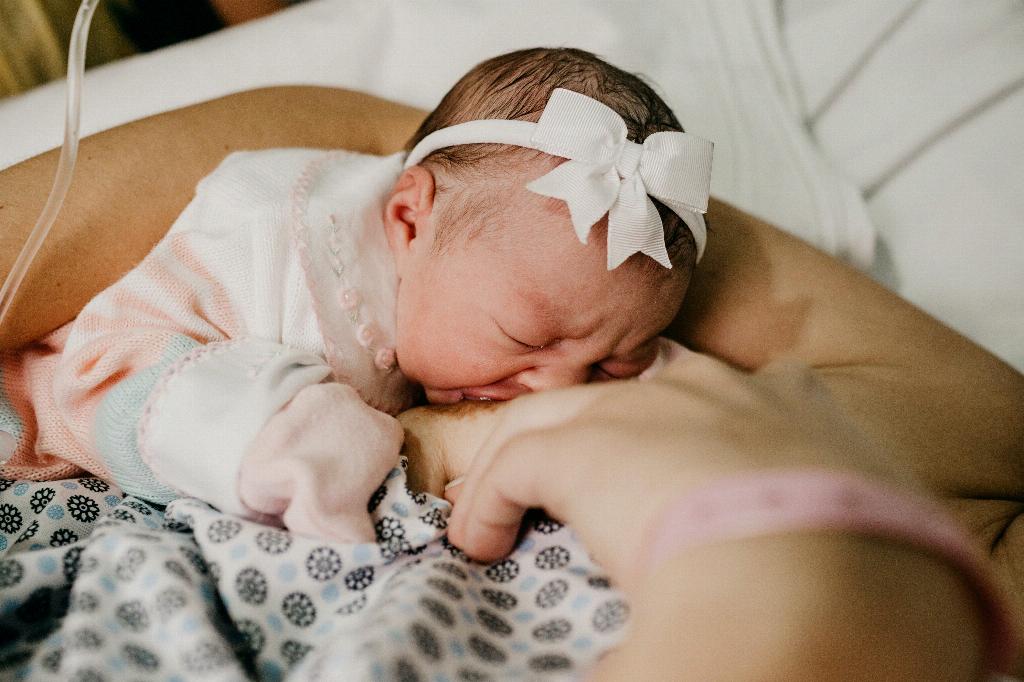When it comes to determining the optimal duration of breastfeeding for newborns, health organizations such as the American Academy of Pediatrics and the World Health Organization provide valuable guidance. Both organizations recommend exclusive breastfeeding for approximately the first 6 months of a baby’s life. During this period, breast milk provides essential nutrients and antibodies that help infants grow and develop.
Furthermore, continuing breastfeeding beyond the 6-month mark is also encouraged. The introduction of complementary foods alongside continued breastfeeding is typically recommended for up to 2 years of age or even longer. This extended breastfeeding period can further benefit the child’s health and well-being in various ways.
Breast milk is perfectly designed to meet the nutritional needs of infants, offering a unique blend of proteins, fats, carbohydrates, vitamins, and minerals. The antibodies present in breast milk help boost the baby’s immune system, providing crucial protection against infections and illnesses.
Moreover, the act of breastfeeding fosters a strong emotional bond between the mother and her baby. It promotes feelings of closeness, comfort, and security for both parties. This bonding experience can contribute significantly to the baby’s emotional development and overall well-being.
Research has shown that breastfeeding has long-term health benefits for children. Breastfed infants are less likely to develop certain infections, allergies, and chronic conditions later in life. The continued provision of breast milk alongside complementary foods can help reduce the risk of various health issues.
For mothers, breastfeeding offers a range of advantages as well. Nursing helps the uterus return to its pre-pregnancy size more quickly, reducing postpartum bleeding and aiding in postpartum weight loss. Additionally, breastfeeding can lower the risk of certain cancers, such as breast and ovarian cancer.
When considering how long breastfeeding is enough for a newborn, it is crucial to acknowledge the individual needs and circumstances of each mother and child. While recommendations provide valuable guidelines, ultimately, the decision on the duration of breastfeeding should be based on what is best for both the baby and the mother.
Mothers are encouraged to seek support from healthcare professionals, lactation consultants, and breastfeeding support groups to navigate their breastfeeding journey effectively. These resources can offer valuable guidance, reassurance, and assistance to mothers facing challenges or seeking guidance on breastfeeding practices.
Furthermore, understanding the benefits of breastfeeding can empower mothers to make informed decisions about their infant’s nutrition and well-being. By recognizing the unique advantages that breastfeeding offers to both the baby and the mother, women can approach the breastfeeding experience with confidence and enthusiasm.
In conclusion, the recommended duration of breastfeeding for newborns extends beyond the initial 6 months, with continued breastfeeding alongside complementary foods recommended for up to 2 years of age or longer. Breastfeeding provides a multitude of benefits for both infants and mothers, promoting optimal health, emotional bonding, and a range of other advantages. By embracing breastfeeding as a valuable and rewarding experience, mothers can nurture their newborns and establish a strong foundation for their future well-being.

